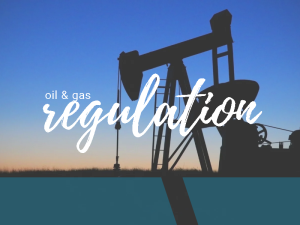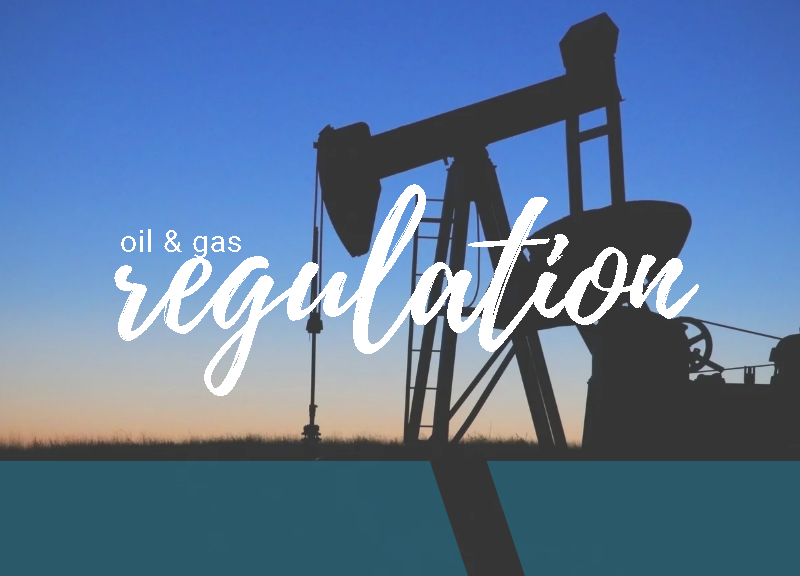Oil & Gas Regulation Worldwide
Oil prices are a major determinant of the global economy, and their control is critical for countries all over the world. Oil is a scarce resource, and as a result of its scarcity, it is highly sought for and has become a major commodity. Oil prices are generally driven by market supply and demand dynamics, but they are also highly influenced by factors such as geopolitics, currency exchange rates, and taxes.
 The Organization of Petroleum Exporting Countries (OPEC) is crucial in regulating oil prices. This organization is made up of 14 member countries that have substantial amounts of oil reserves and produce more than half of the world’s oil. Members of OPEC coordinate their production and export levels in order to keep the price of oil stable. When supply exceeds demand, members agree to limit production in order to reduce global supply and raise prices. When demand exceeds supply, members can raise production in order to expand global supply and lower costs.
The Organization of Petroleum Exporting Countries (OPEC) is crucial in regulating oil prices. This organization is made up of 14 member countries that have substantial amounts of oil reserves and produce more than half of the world’s oil. Members of OPEC coordinate their production and export levels in order to keep the price of oil stable. When supply exceeds demand, members agree to limit production in order to reduce global supply and raise prices. When demand exceeds supply, members can raise production in order to expand global supply and lower costs.
Governments around the world, in addition to OPEC, have enacted policies to control the price of oil. Policies ranging from outright price restrictions to tariffs on oil production and imports are included. In the United States, for example, the federal government taxes crude oil production in order to collect income and limit overproduction. Governments in other nations may also grant subsidies to oil corporations in order to lower oil prices and make them more accessible to consumers.
Finally, international trade agreements can influence the price of oil. Countries may agree to limit their oil imports from specific countries in order to lessen their reliance on particular suppliers and keep the oil market stable. This can benefit both producers and consumers because it provides a steady supply of oil at acceptable rates.
Finally, the price of oil is influenced by a complicated system of factors such as geopolitics, currency exchange rates, taxation, and international trade agreements. OPEC manages this system, which is further regulated by nations and international trade agreements. This method provides a stable oil market and helps to keep prices affordable for both producers and consumers.
